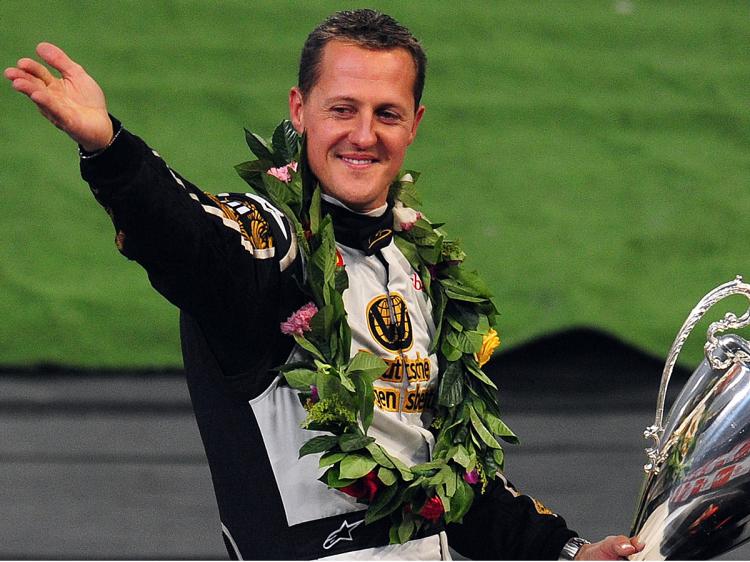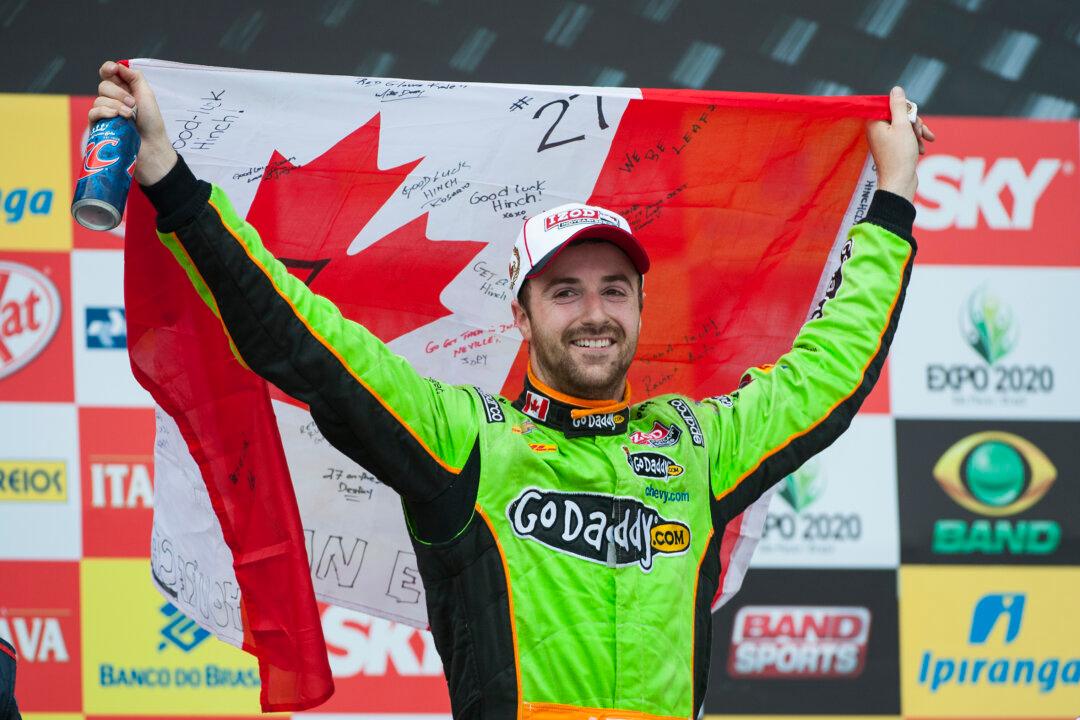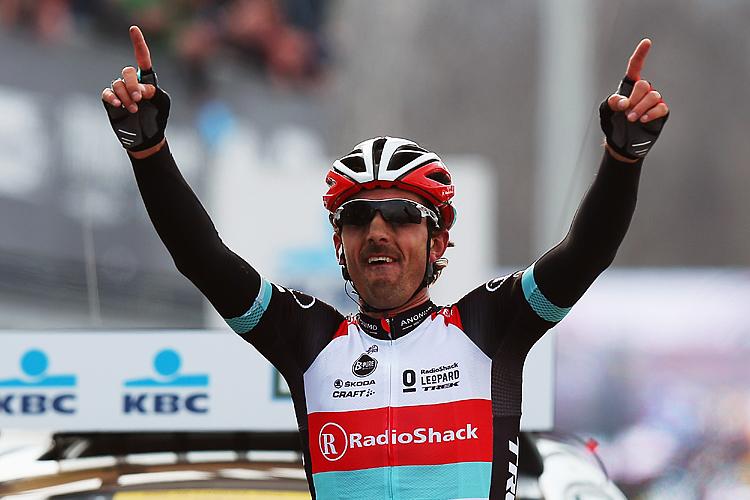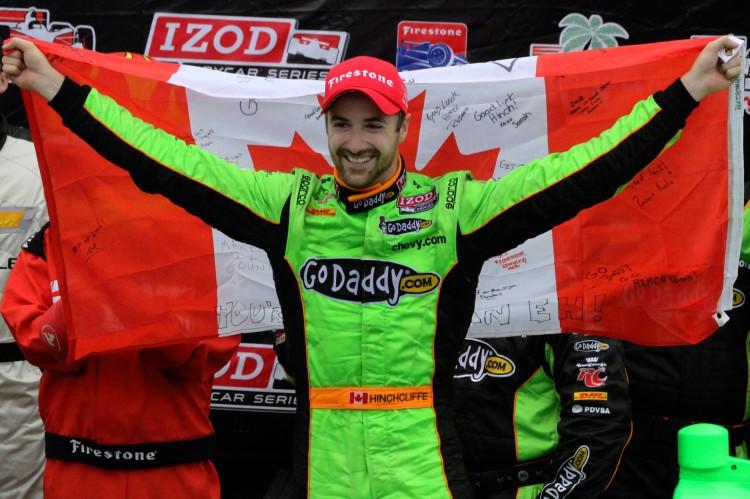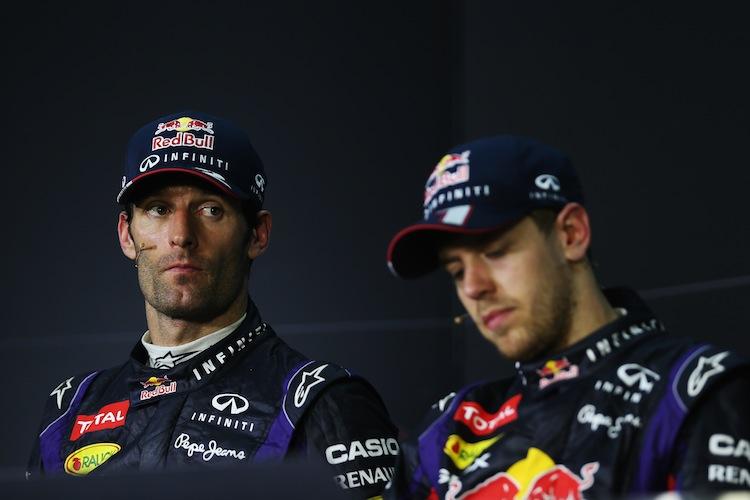Is F1 Ready for Michael Schumacher, Average Driver?
Micahel Schumacher’s return is the biggest story in Formula One since his retirement. How will he do this time around?

THE CHAMP COMES BACK: Seven-time Formula One world champion Michael Schumacher will get his first ride in a modern F1 car on Feb. 1 at Valencia. Frederic J. Brown/AFP/Getty Images
|Updated:

